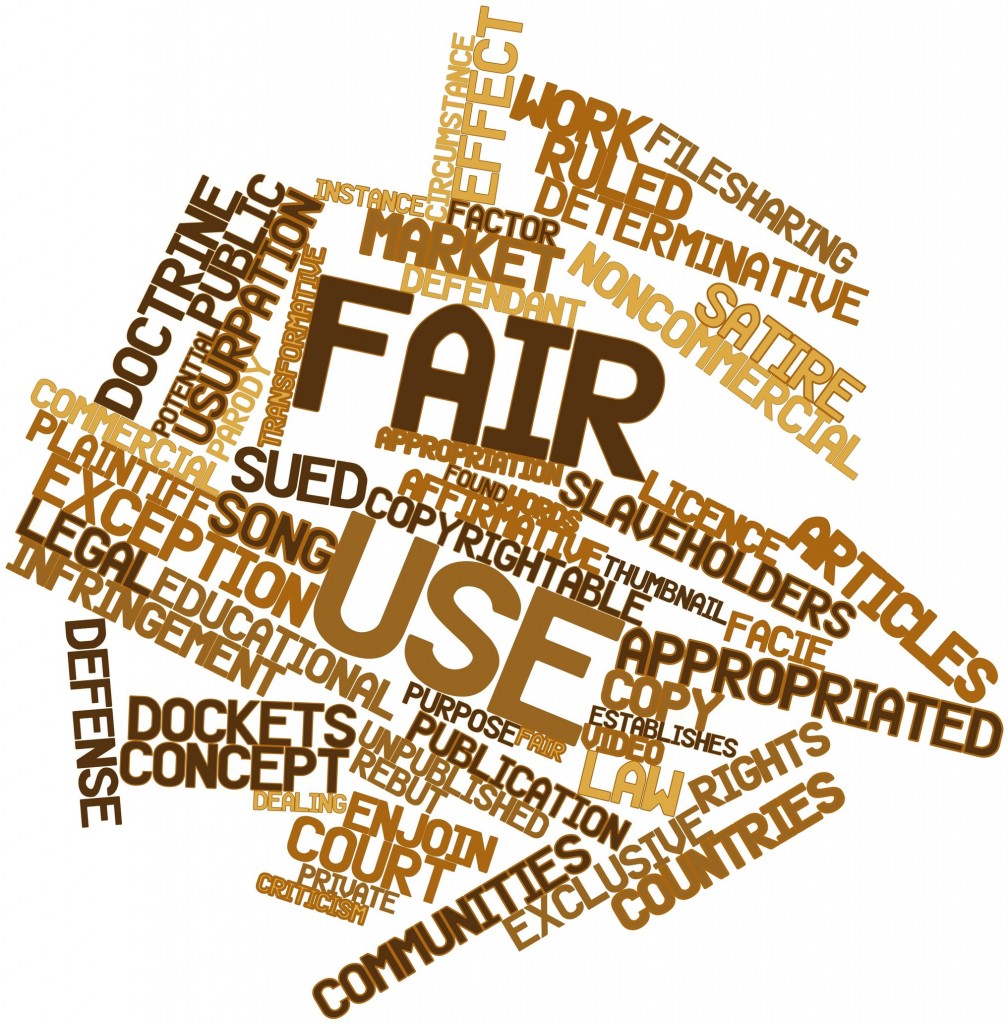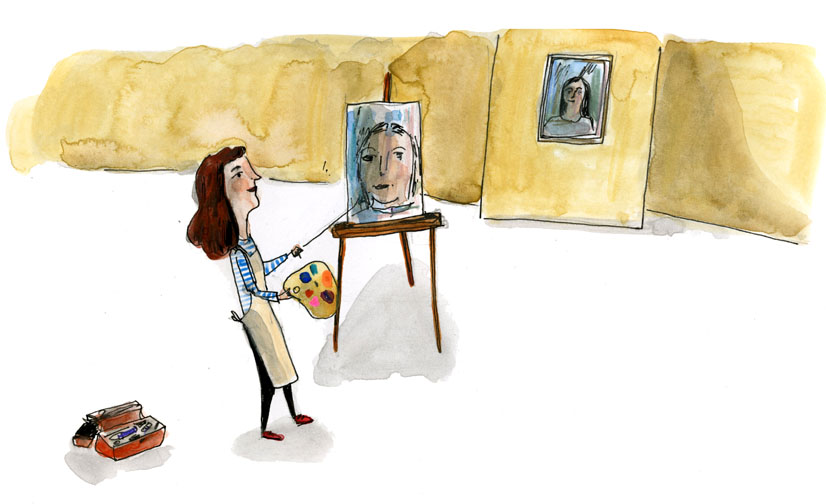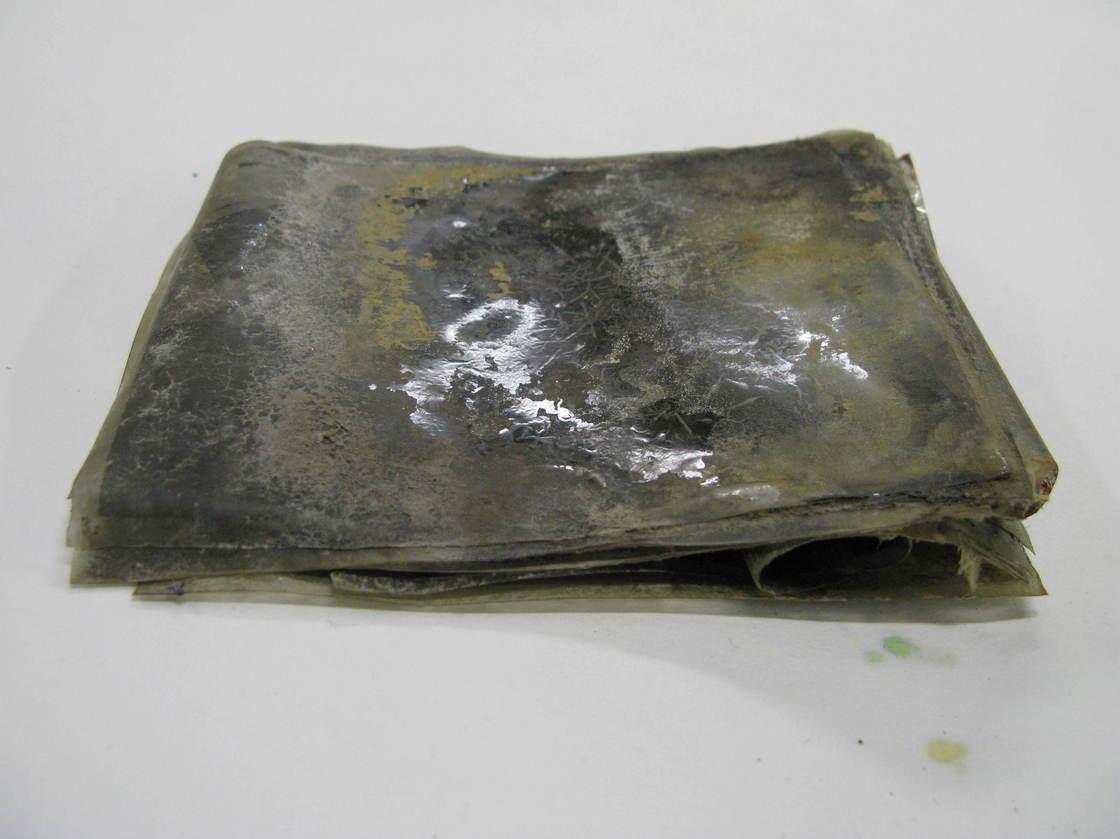
GoldieBlox has one basic
mission: to create toys that help girls develop an early interest in
science, technology, engineering, and math. To promote its products
during the holiday season, the company recently released a video that
featured a version of “Girls,” a song by the Beastie Boys. On the
surface, the parody–which featured different lyrics than the
original–seemed harmless. But the Beastie Boys didn’t view it that way.
After GoldieBlox preemptively filed a lawsuit
that claimed the company should indeed be able to use the song in its
parody, the rap group wrote an open letter that read in part:
We strongly support empowering young girls, breaking down
gender stereotypes and igniting a passion for technology and
engineering.
As creative as it is, make no mistake, your video is an advertisement
that is designed to sell a product, and long ago, we made a conscious
decision not to permit our music and/or name to be used in product ads.
So who wins this argument?
Well, as The Economist pointed
out, “GoldieBlox filed a lawsuit commonly used in fair-use proceedings
asking for a declarative judgement against the Beastie Boys, to affirm
the advertisement’s status as a parody.” Fair use, the article explains,
is “designed to allow parody, commentary and analysis that advance
academic, political or social purposes.” However, in order to determine
whether something qualifies for fair-use protection, a four-part test is administered. That often requires expensive litigation, so before parodying a song, artists usually ask permission.
But does GoldieBlox’s use of “Girls” qualify for fair-use protection? Unfortunately, there’s no clear answer. On his site, Waxy, Andy Baio summed up the situation well:
Different judges rule differently on similar fair use
cases, and circuit courts commonly reverse fair use rulings from
district courts on appeal. If even judges can’t agree on fair use, what chance do the rest of us have of understanding it?
In fair use, there’s no silver bullet and exceptions
are the norm. Some parodies are fair use, others aren’t. Commercial use
can weigh against a fair use ruling, but there are many notable
commercial exceptions. Using a substantial amount of the original
artwork can hurt your case, other times it doesn’t matter. Damaging the
market value of an original artwork can hurt your claim or, as with
parodies, it may not matter at all.
In the case of the Beastie Boys vs. GoldieBlox, however, no judgement
was needed. Respecting the group’s wishes, the toy company eventually pulled the video, which had amassed 8 million views on YouTube.
GoldieBlox even posted a letter addressed to Adam Horovitz and Mike
Diamond–the two living members of the Beastie Boys–on its website.
“We don’t want to spend our time fighting legal battles,” it read.
“We want to inspire the next generation. We want to be good role models.
And we want to be your friends.”
What do you think? Was it fair use? Let us know!






